BREATHING DISORDERS
Obstructive Breathing Disorders have gone unnoticed for too long, causing serious health consequences. The studies produce clear evidence and the American Dental Association recommends that dentists screen for obstructive breathing disorders during regular examination (particularly for children) to determine the need for further diagnosis or treatment.
An awareness of obstructive breathing becomes apparent when;
A.) Someone complains about snoring and the strange gasping sounds made at night. Often a partner or parent.


B.)
You recognize you are tired upon waking and fall asleep easily throughout the day, even at inappropriate times, like driving. Of course we know that tired children present with overactive behavior, and behavioral issues.
These symptoms suggest sleep apnea which deprives the body of healthy oxygen levels due to obstructive breathing at night, contributing systemic diseases and weight gain in adults.
Different from snoring, obstructive breathing disorders are snoring accompanied by events during which breathing stops or slows significantly for periods of time.
When you fall asleep, the muscles at the back of the throat relax, near by tissues block and compromise the airway.
Recent statistics suggest 25% of men and 10% of women have an obstructive breathing disorder. The prevalence we experience today may be related to evidence of our shrinking jaw.
Our prehistoric ancestors had much larger jaws with more space in the airway. You might think a shrinking jaw is evolution or genetics, but the evidence points to lifestyle changes and diet since world war ll being more likely responsible for the shrinking jaw.
The most common treatment has been Positive Airway Pressure, which prevents the airway from closing. A small machine blows air through a mask worn over the nose, preventing the airway from collapsing.
Some people struggle to become accustomed to this treatment. Researchers looking for alternative treatments have developed a dental appliance that repositions the jaw and tongue, opening the airway. So naturally, sleep apnea treatment is becoming popular in dentistry.
Dentists who practice sleep medicine are certified by the American Academy of Sleep Medicine and generally work together with other health professionals to diagnose and treat sleep apnea.

